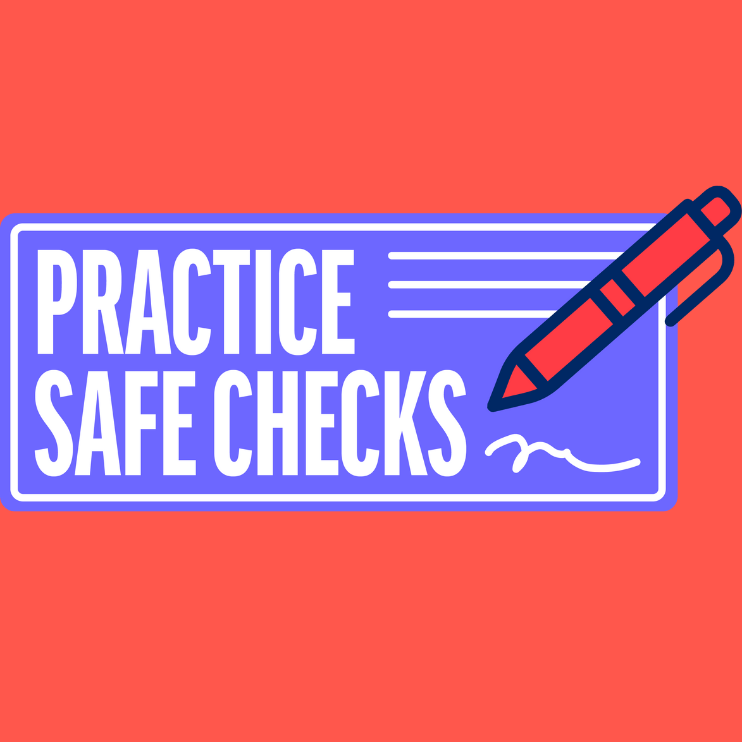Teaching Young People About Money
Friday, Oct 3, 2025- Resource Center
- Teaching Young People About Money
Introducing financial concepts early in life can empower young people to build healthy money habits that promote independence and long-term stability. Research shows that financial education is often tied to lower debt, higher savings, and improved credit. By making money a regular topic of conversation, children are given the tools they need to make financial decisions with confidence.
It’s helpful to start by connecting work with income. Real-world examples like a lemonade stand or babysitting can help children understand how money is earned and managed. Include them in basic budgeting tasks like discussing bills during family meetings or making smart choices while grocery shopping. Opening a savings account together, exploring online banking tools, and the use of age-appropriate books to spark financial conversations are simple ways to deepen their involvement. Games involving money, along with lessons on advertising and scams, can also make learning both fun and practical.
To deepen these conversations and activities, take advantage of resources like FDIC’s Make a Plan and Which Way to Pay lesson plans. These tools combine structured learning with real-world application and help young people build a strong foundation for future financial success.



